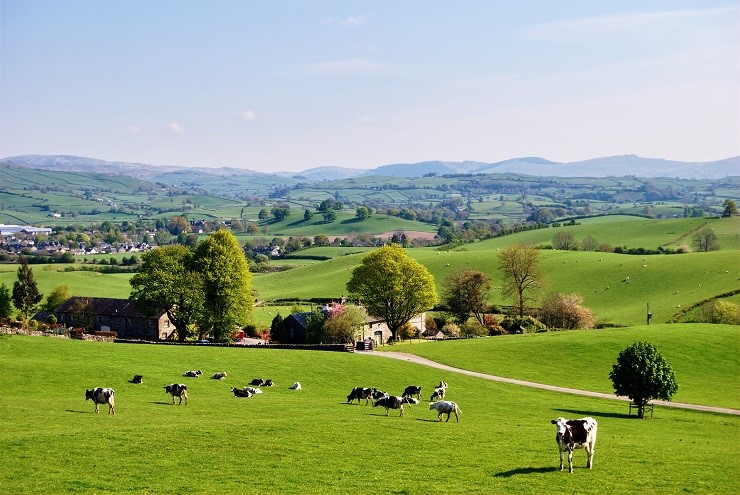Member of E&W farming partnership who resigned is entitled to her share, despite lack of negotiated agreement

The issue arose in a long-running dispute between Suzanne Procter (the respondent) and her brothers Philip and James Procter (the appellants). The three were partners with their parents in a farming partnership formed to continue a farming business originally carried on by their father on family-owned land in Yorkshire. In 2010, the respondent wrote resigning from the partnership, apparently on her father's prompting. There was no provision in the partnership deed for one partner unilaterally to resign but her father and the appellants accepted that the respondent had ceased to be a partner. Nothing was said about any financial terms at the time.
After their father died in 2014, the respondent brought a claim in the England and Wales High Court (EWHC) against the appellants and others in relation to the family trusts, estates and the partnership that owned or occupied the land. She claimed the value of her share in the partnership assets at the date that she resigned in 2010. A preliminary trial in 2019 resolved some of the disputes concerning the assets, regarding the partnership's rights to a protected yearly tenancy created in 1994.
The respondent’s claim was thereby limited to a quarter share in the then-value of the 1994 tenancy. A second trial in April 2022 upheld the respondent’s claim. The appellants brought that ruling to the England and Wales Court of Appeal (EWCA), which has just dismissed their appeal.
The EWCA noted that the respondent had, by retiring, given up any right to have a general dissolution and to have the firm wound up and its assets distributed among the partners. However, the EWCA said she was still entitled to whatever she would have received had the business been wound up.
'I do not see why the outgoing partner, in the absence of agreement to the contrary...should be regarded as agreeing also that her share in the assets should be reduced, or quantified at any less a figure than it would have been had there been a general dissolution', said the EWCA. 'If the other partners wish to continue the business with the outgoing partner's share of the assets they should account to her for the value of her share – that is, what she would have received had the business been wound up. In practice that means that her share is to be assessed by a valuation of the assets and liabilities at the date of retirement.'
The valuation will be based on the actual value of the relevant assets at the relevant time, not the book value at which they have been entered into the accounts. It will also include 5 per cent interest as from 8 July 2010. The family are still in dispute about the basis of valuation and about interest.
The EWCA acknowledged that its judgment could create practical difficulties for the partnership but considered it was for the partners to resolve them among themselves. 'It is for those who set up family farming partnerships, often for tax reasons, to consider carefully how to reconcile the interests of those partners who wish to carry on farming, and of those who wish to realise their property, and make provision accordingly, either in the partnership agreement or in an ad hoc agreement when one of them wishes to withdraw', the court said (Procter v Procter, 2024 EWCA Civ 324).
Sources
The content displayed here is subject to our disclaimer. Read more


Connect with us